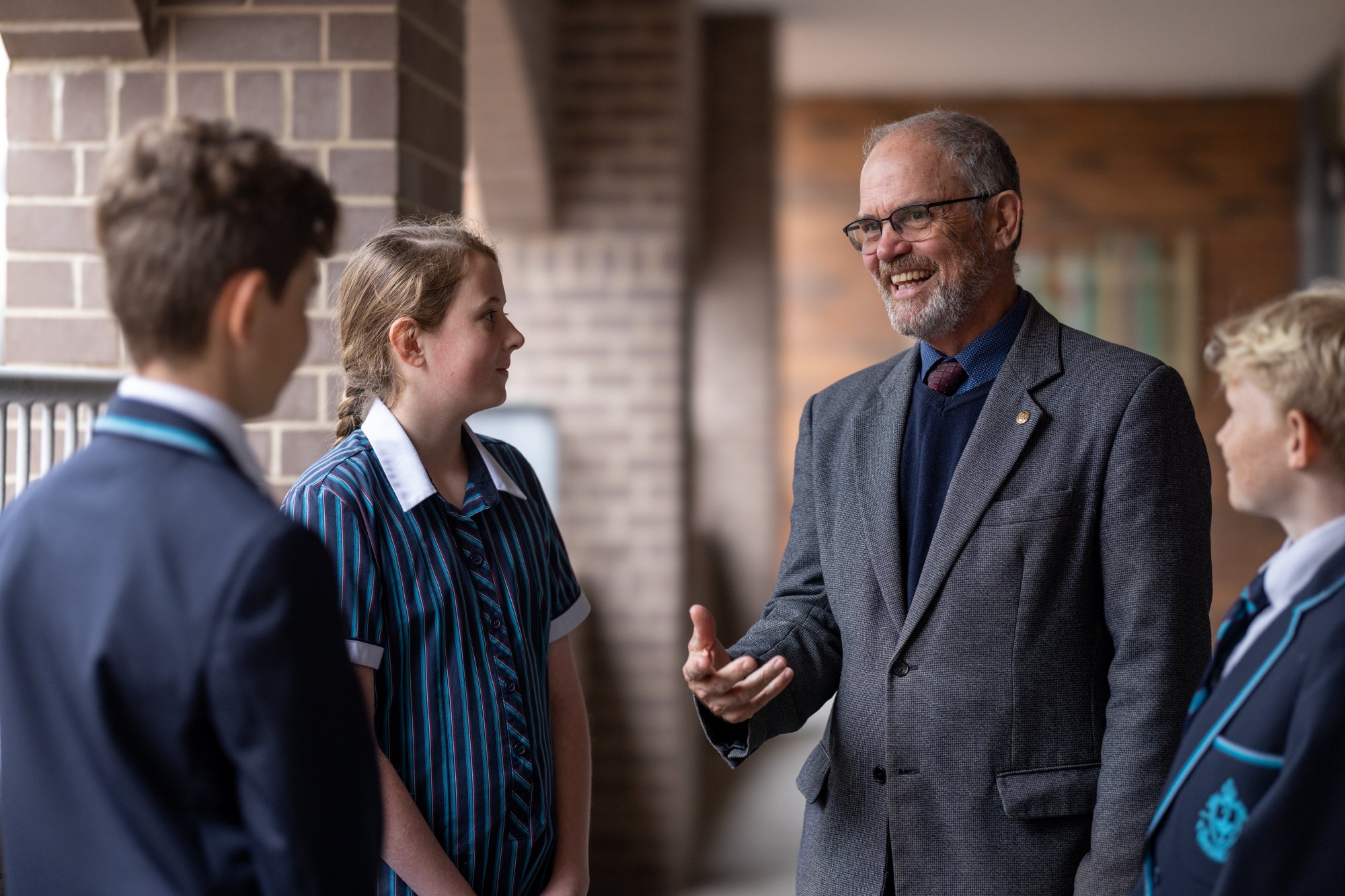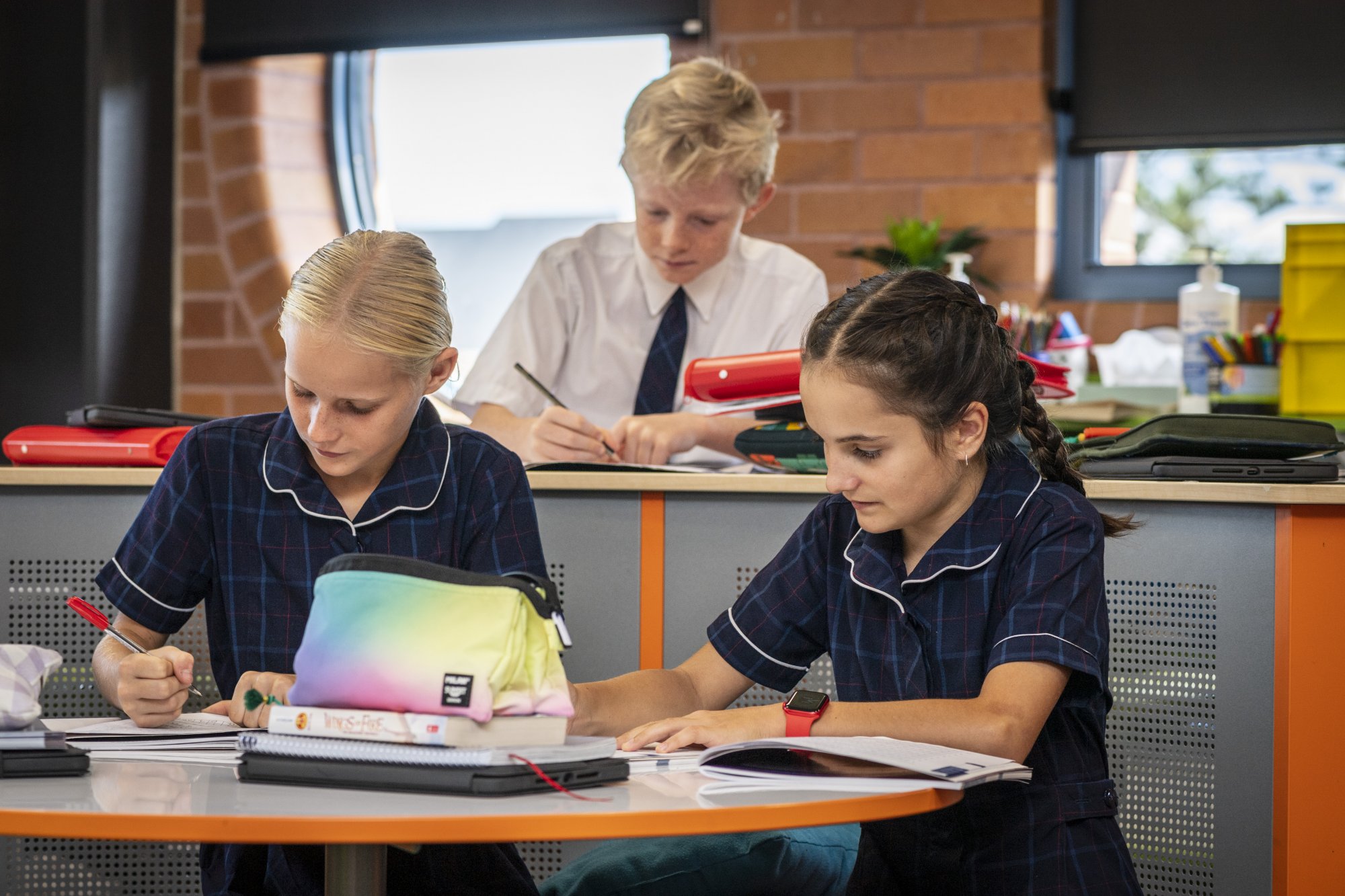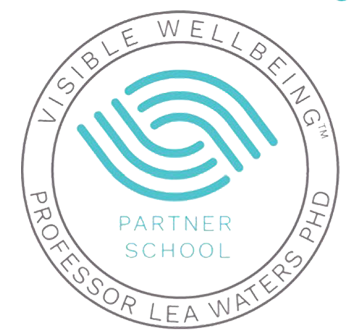Positive Education and Wellbeing principles at NGS permeate our teaching practice from Kindergarten through to Year 12, with Professor Empowerment at Park Campus, structured Wellbeing sessions during Mentor time at Hill Campus and the Positive Education programme for Years 7, 8 and 9 as the formal vessels through which these principles are taught. Essentially, these principles need to be incorporated into our daily interactions with our students inside and outside of the classroom.
Much evidence exists linking heightened student wellbeing to improved academic outcomes. Through continuing to develop a Growth Mindset and enhancing student wellbeing, greater levels of school engagement will result. Enhanced wellbeing leads to improved school engagement, and improved school engagement leads to enhanced academic outcomes (Ross, Bathurst, & Jarden, 2012). Through a research project examining the relationship between positive effect (i.e. happiness or wellbeing) and the achievement of successful outcomes in life, Lyubomirsky and her colleagues (2005) find that positive effect precedes successful outcomes, that is happiness comes before success.
— Dr Alan Parsons, Deputy Head of School






















